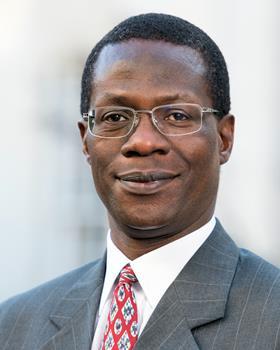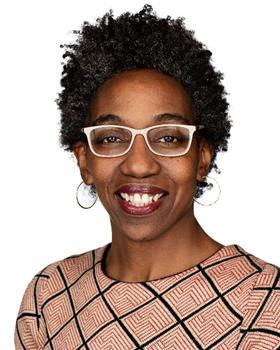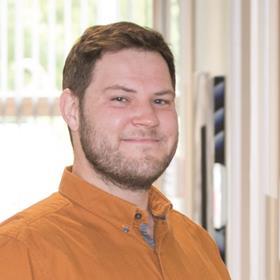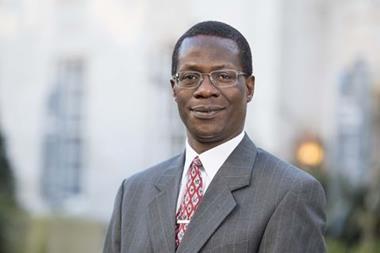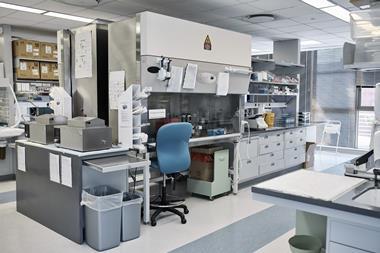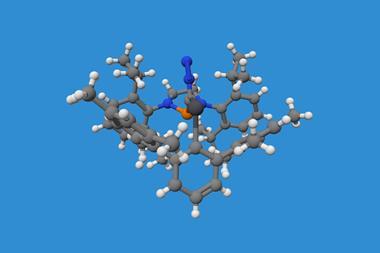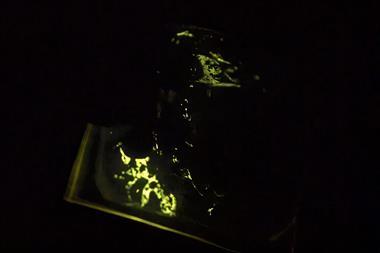In this webinar we celebrate Black History Month, recognising and celebrating Black individuals and their contributions to chemistry. We also showcase the importance to continue building on these achievements while recognising that firm action is needed to eradicate the barriers of racism and discrimination in chemistry.
Our speakers Robert Mokaya (Pro-Vice Chancellor for global engagement and chemistry professor at the University of Nottingham), Karen Salt (expert on governance, race, institutional transformation and justice) and Lara Mosunmola Lalemi (chemistry PhD student at Bristol University and champion on decolonising science) discuss:
- Celebrating the Black community, particularly those in the chemical sciences
- Actions needed from individuals, organisations and institutions to increase Black representation and break down barriers for Black people in the chemical sciences
- How ensuring a more inclusive community for Black chemists is better for all
BSL interpretation is provided by Rachael Dance, Cambridgeshire Deaf Association.
Speaker: Robert Mokaya
Robert Mokaya received a BSc in Chemistry from the University of Nairobi and a PhD from the University of Cambridge. Following a Research Fellowship at Trinity College, Cambridge, he was awarded an EPSRC Advanced Fellowship. He was then appointed to a lectureship in Materials Chemistry at The University of Nottingham where he is now Professor of Materials Chemistry and Pro-Vice-Chancellor Global Engagement. He is a Royal Society Wolfson Research Merit Award holder (2017-2022).
Speaker: Karen Salt
Karen Salt has over 26 years’ worth of experience working in and with communities, organisations, charities and governmental bodies, including running non-profits and engaging in community development work. An expert on sovereignty, power, collective activism and systems of governance, she has led and collaborated on a number of research projects, many of which explore participatory democracy, trust and collective governance. She is a former member of the Arts and Humanities Research Council Advisory Board, a long-time reviewer and assessor of research projects and a collaborator with institutions, community groups, governmental bodies and civic sector agencies. She continues to contribute to UK and international conversations about research policy, transformational social justice and institutional change.
Speaker: Lara Mosunmola Lalemi
Lara Mosunmola Lalemi is a third year chemistry PhD student from London with experience in organising conferences around inequality and lack of representation in higher education. She currently studies at the University of Bristol within Aerosol Science, examining climate relevant compounds and photochemistry. Having always had a passion for change, and being in a STEM subject, Lara could see the development needed to ensure those from underrepresented groups are better seen and heard. Building on the legacy of trailblazers such as Jane Hinton and Alice Augusta Bell, two important black women in science, Lara has a keen interest in improving our education system so that future generations of young people can see the role models that represent themselves throughout their lives.
Interpreter: Rachael Dance
Rachael Dance is training to be a fully qualified British Sign Language interpreter and graduated from Wolverhampton University with BA hons in interpreting English and BSL. Rachael is joining us to promote the accessibility of the webinars for Deaf people. Rachael also works as an advocate for Deaf people for Cambridgeshire Deaf Association.
Moderator: Benjamin Valsler, digital editor, Chemistry World magazine
Ben is the digital editor of Chemistry World magazine, producing video and podcasts to accompany the magazine and website. Prior to joining the Royal Society of Chemistry, he was the producer of the award-winning Naked Scientists, making local and national radio programmes for the BBC, the Australian Broadcasting Corporation and Primedia in South Africa.
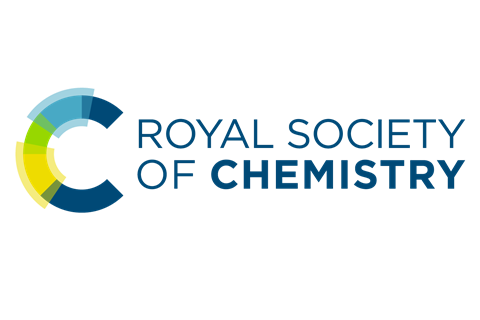
The Inclusion and Diversity team drives and coordinates the strategy across all Royal Society of Chemistry activities to support a more inclusive and diverse chemical sciences community. Through research, advocacy and recognising success, we are working to make ‘chemistry for everyone’ a reality. Find out more about our work here.
